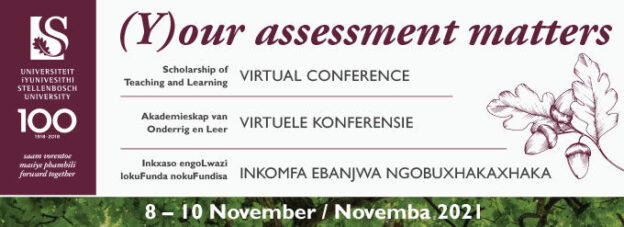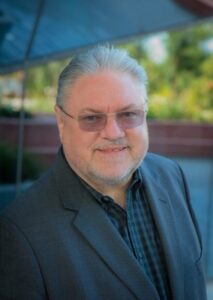Wednesday, 10 November at 09h00
1. Keynote
Speaker:
Professor David Boud
David Boud is Alfred Deakin Professor and Foundation Director of the Centre for Research in Assessment and Digital Learning at Deakin University, Melbourne, he is also Emeritus Professor at the University of Technology Sydney. He has previously held positions of Head of School of Adult and Language Education, Associate Dean and Dean of the University Graduate School at UTS. He has published extensively on teaching, learning and assessment in higher and professional education. His current work focuses on the areas of assessment for learning in higher education, academic formation and workplace learning. He is one of the most highly cited scholars internationally in the field of higher education (h-index of 90). He has been a pioneer in developing learning-centred approaches to assessment across the disciplines, particularly in building assessment skills for long-term learning (Developing Evaluative Judgement in Higher Education, Routledge 2018) and designing new approaches to feedback (Feedback in Higher and Professional Education, Routledge, 2013 ; The Impact of Feedback in Higher Education: Improving assessment outcomes for learners, Palgrave Macmillan, 2020) and the implications of the digital for assessment (Re-imagining University Assessment in a Digital World, Springer, 2020)
Topic: Developing students’ evaluative judgement: how can assessment and feedback contribute?
Abstract: How do we know if our work is good enough? Graduates move into a world in which their work is judged in ways different from those used in educational institutions. For the most part, they need to be able to appraise whether their own performances (and that of their work colleagues) are appropriate for the tasks in which they engage. How well does university assessment, and indeed teaching and learning, practices build students’ capacity to do this?
The presentation conceptualizes and explores ways in which courses can be designed and enhanced to build the ability of students to make evaluative judgements, that is, to make informed decisions about the quality of their own work and that of others. This does not primarily involve the adding of new material or an increase in staff workload, but mostly a change in focus of what we already do. While a range of familiar activities can be deployed to do this—identifying criteria, using exemplars, self- and peer assessment, feedback, etc.—it is the way in which they are put together across a curriculum that produces a useful effect.
Teaser
2. Keynote Panel
Click here for the Conceptual Framework for the SoTL Keynote Panel.

